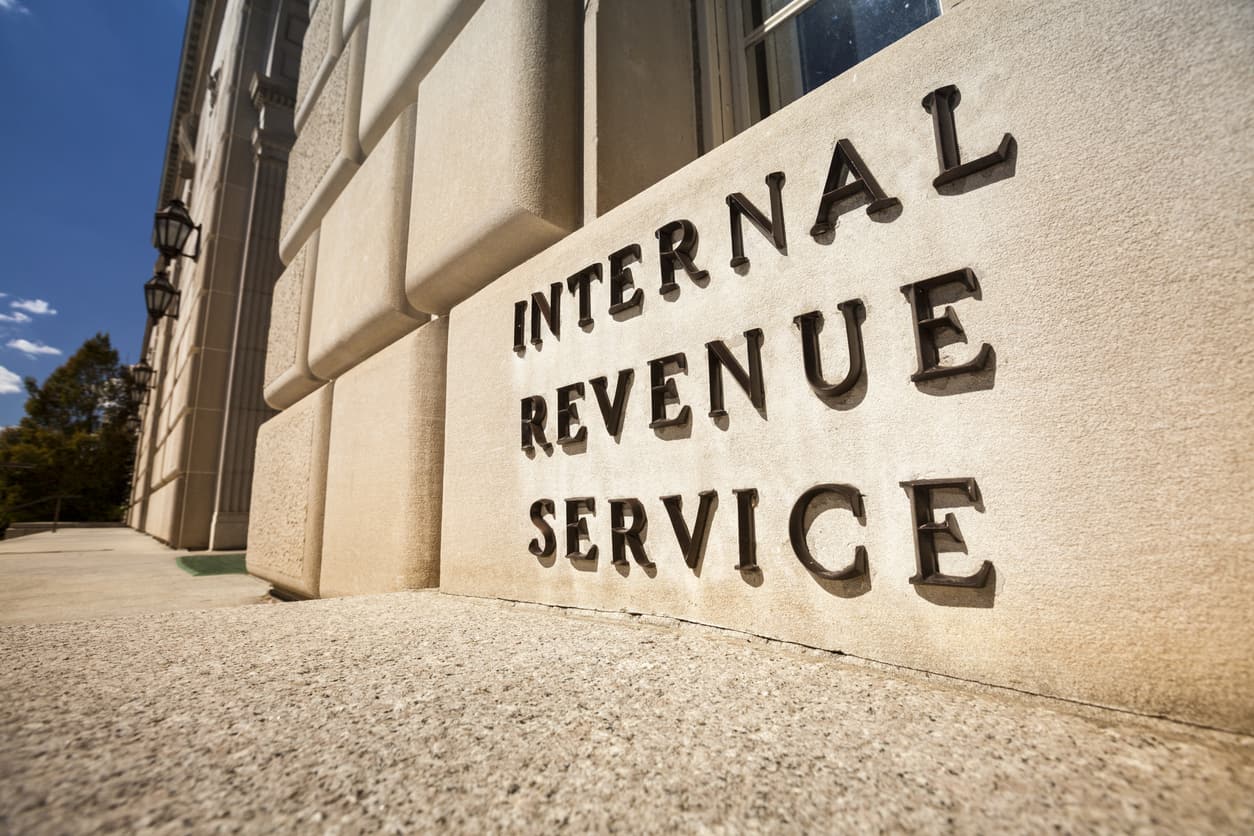
Alert: IRS Provides Further Clarification on PPP Tax Deductions
Disclaimer: This information was correct at the time of publication; however, new guidance from government agencies may be issued at any time, causing some or all of this information to change. Please visit our COVID-19 Business Strategy Hub for the latest news and ensure you are subscribed here to receive email alerts as they are released. We are working diligently to provide the most current information as it becomes available under our COVID-19 Actionable Insights For Businesses Series.
The Internal Revenue Service (IRS) and the Treasury Department have issued further guidance on the tax treatment of expenses related to the Paycheck Protection Program (PPP) that was initiated as part of the Coronavirus Aid, Relief, and Economic Securities (CARES) Act. The most recent guidance clarified that even if a taxpayer’s PPP loan has not been forgiven by the end of 2020, the associated expenses should not be deducted in 2020 unless there is a reasonable expectation the loan will not be forgiven in the future.
The IRS released Revenue Ruling 2020-27 to address situations where a loan is not yet forgiven but might be in the future. In the ruling, two scenarios are detailed for businesses who used PPP loan proceeds to pay for eligible expenses such as payroll and mortgage interest, which are typically tax-deductible expenses. In the first scenario, the borrower has applied for PPP loan forgiveness in November 2020 but hasn’t received an answer on whether or not it will be forgiven. In the second scenario, the borrower expects to apply for PPP loan forgiveness in 2021. In both cases, the businesses have a “reasonable expectation” that the loans will be forgiven, and therefore the IRS says the business cannot deduct these expenses.
Essentially, the Revenue Ruling is preventing businesses from double dipping. Since companies will not be taxed on the proceeds of a forgiven PPP loan and have not paid anything out of pocket, the related expenses are not tax-deductible. Revenue Ruling 2020-27 clarifies and expands on the previously released guidance in Notice 2020-32 regarding tax deductions for PPP expenses. In the notice, the IRS clarified that no deduction is allowed under the Tax Code, even for expenses that are typically fully deductible. Congress initially moved to reverse the IRS guidance releasing the Small Business Expense Protection Act of 2020, S.3612 - 116th Congress (2019-2020). That bill lost momentum and has yet to pass, but Congress could potentially reverse the denial of tax deductions for PPP expenses in the future.
The IRS and the Treasury also released Rev. Proc. 2020-51 which provides a safe harbor for PPP loan participants whose loan forgiveness has been partially or fully denied, or who have decided to not proceed with requesting loan forgiveness. In situations where a PPP loan was expected to be forgiven but ends up not receiving forgiveness, businesses will be able to deduct PPP expenses.
While the recent IRS notice helps to clarify a few items regarding the deductibility of PPP related expenses, many questions still remain. We will continue to monitor the situation and provide updates as further guidance and clarification come out of Washington. In the meantime, it is our recommendation to submit your loan forgiveness application as soon as possible if you have not already done so. Also, if you have a reasonable expectation that your loan will be forgiven, you should not claim deductions for 2020 PPP related expenses.
If you need assistance planning for your 2020 tax deductions, calculating your PPP loan forgiveness amount or completing your PPP loan forgiveness application, the Moore Colson team is available to help. To learn more, visit the COVID-19 Business Services section of our website or contact us. Also, be sure to subscribe here to get our news and alerts as they are released. We are committed to keeping you updated on how to navigate financial challenges associated with the COVID-19 pandemic.

Bert Mills, CPA, is the Managing Partner at Moore Colson. In his role, Bert sets the vision and mission of the Firm and works closely with the Firm's leadership to drive and implement strategies.

Chris Arnone, CPA, is a Partner and Business Assurance Practice Leader at Moore Colson. Chris has over 20 years of experience providing audit, accounting and consulting services for companies in the transportation, manufacturing, distribution, staffing, private equity and venture capital industries.

Andy Starnes, CPA, is a Partner and Tax Services Practice Leader Moore Colson. Andy’s specialties include corporate tax compliance and planning, business consulting and multi-generational planning with a focus on the construction, professional services and staffing industries.

Adam Bateman, CPA, is a Partner with Moore Colson’s Tax Services practice. Adam specializes in providing tax compliance and planning services for closely-held businesses and their owners in the construction, real estate and financial services industries.




